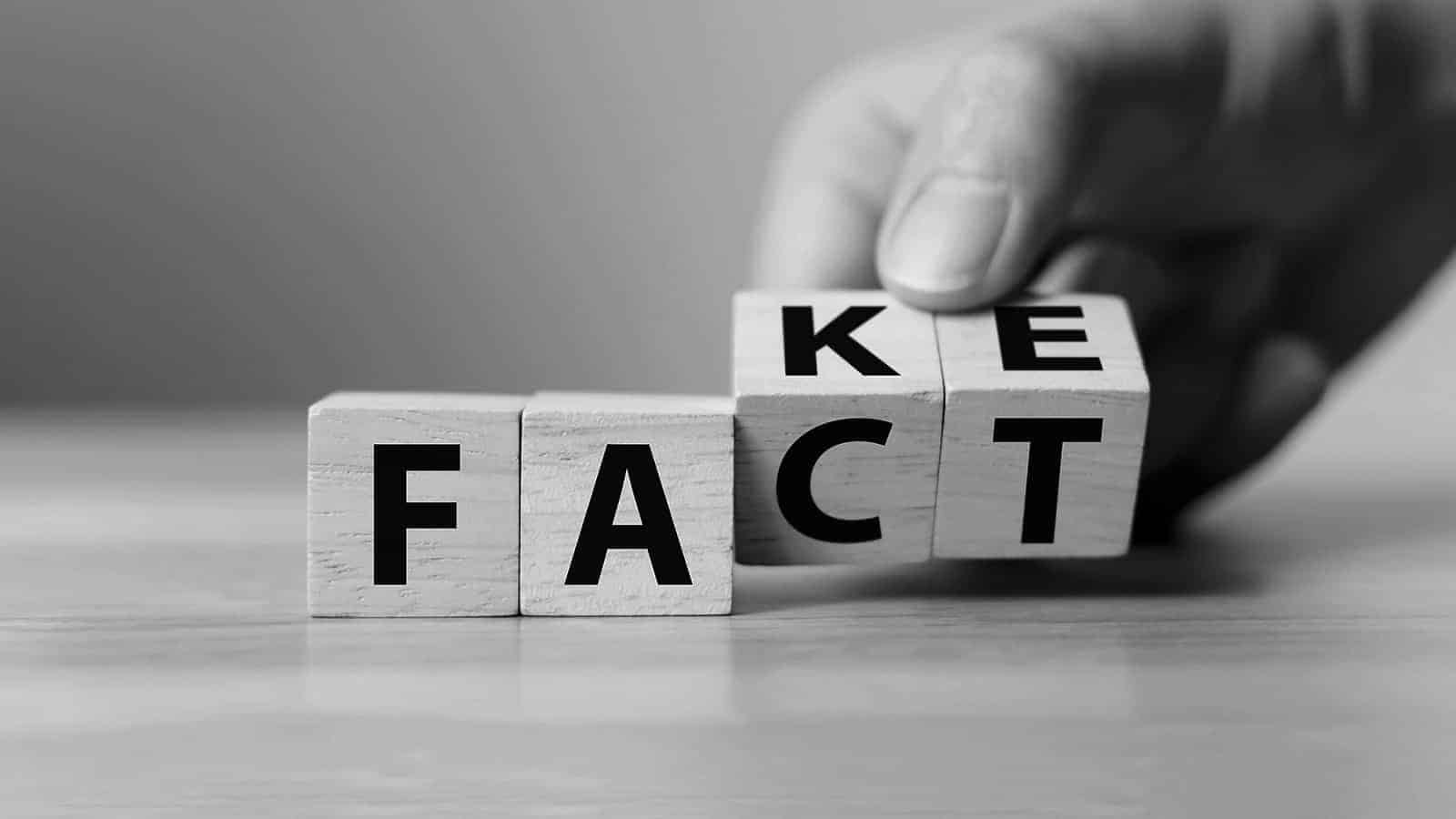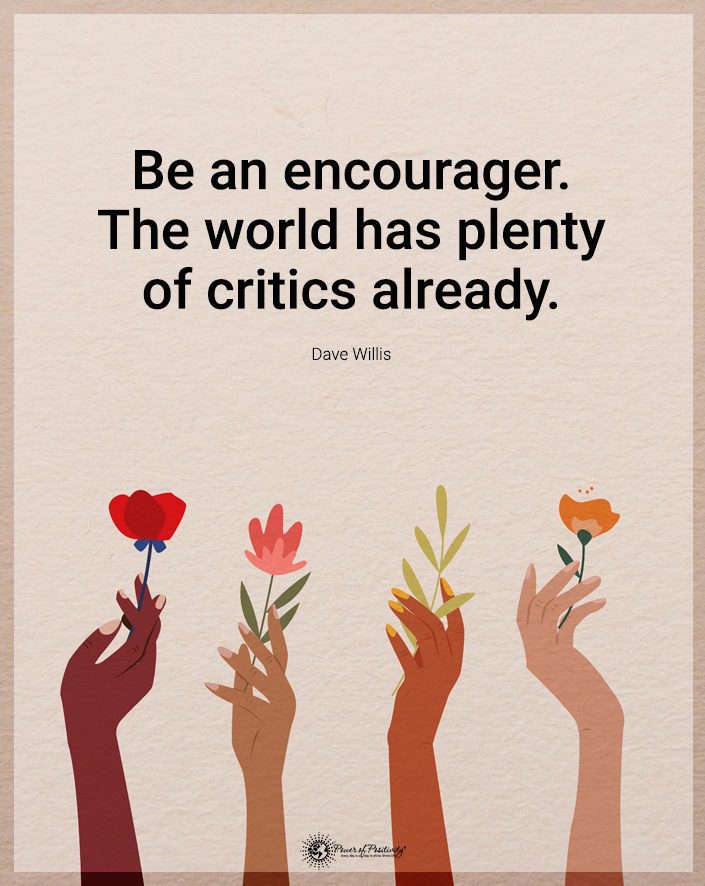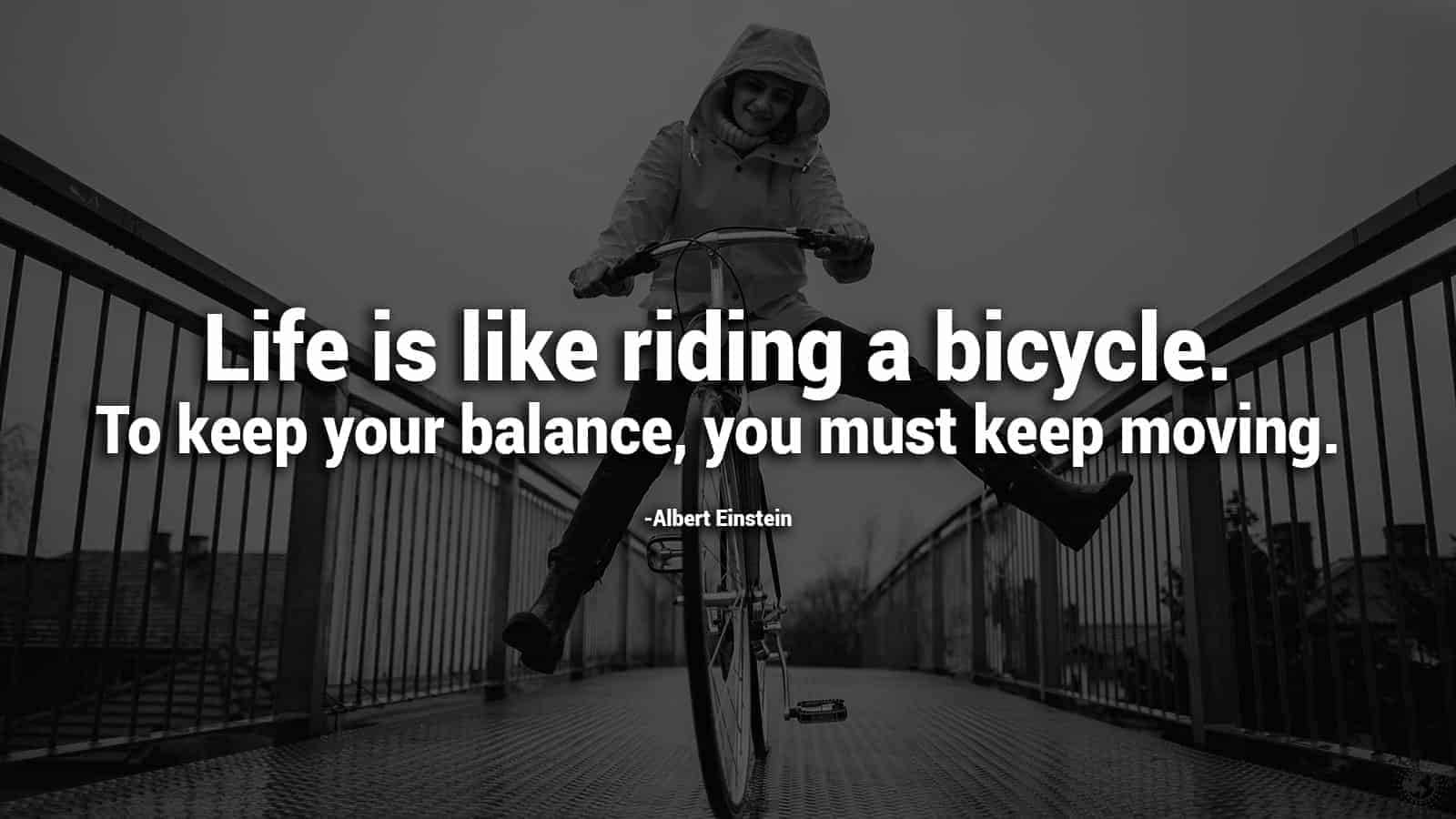Most people think of themselves as well-informed and aware of how things around them work. But facts aren’t always stronger than beliefs. Even the most educated man can fall into traps and start blindly following rules which don’t even make sense.
No matter how educated you might be, there are still many things that you don’t know. And that’s normal. No one can know everything about all topics. And sometimes, the things we learn don’t come from reliable sources. Our parents teach us many things about the world as we grow up. But some of those things turn out to be old wives’ tales.
Or we read things online and believe them straight away without knowing whether the source is reliable. Besides that, social perception and personal beliefs can change how we view things. For example, people who buy into conspiracy theories aren’t necessarily dumb. Part of the reason they even come in contact with those ideas is that they generally distrust the establishment.
Sometimes, people get too much into their heads and get confused. Fear is a big factor that makes them lose trust in even the most reliable sources. Still, that doesn’t excuse the fact that people believe loads of lies, which can become dangerous. Misinformation can be a powerful weapon in the wrong hands. You should always ensure that the things you think you know are true.
Why Do People Fall for Misinformation?
People believe many untrue things. Some are factually incorrect. On the other hand, some are a matter of false perception. Some people buy into conspiracies, such as believing that the Earth is flat. But, people often have misconceptions that affect their perception of life.
One of the main reasons why people fall for misinformation is implicit bias. This bias is determined by the way people were raised. Socioeconomic factors shape their brains, making them more likely to believe certain perspectives. For example, people who were raised poor are more likely to believe that everyone deserves equal opportunities. In contrast, people raised rich will usually believe that they need to prove they deserve those opportunities.
Your environment and the people you surround yourself with can alter everything you believe in. Additionally, confirmation bias can also alter a person’s views. This is the tendency to search for information that favors your pre-existing beliefs. If you believe that luck influences the way actions unfold, you will probably look for views supporting that belief. Or, you might think that if something good happens to you, it’s because of luck, not your capabilities.
Another factor is your core beliefs, which are usually shaped by your environment and personality. A more altruistic person will tend to be more trusting. Therefore, when someone asks for their help, they will give it without even considering they might be lied to. Because of this, they are more likely to fall for scams. A more egotistical person will do the opposite and doubt everything other people say. This also makes them prone to believing false things.
Since the rise of technology, social media, and other forms of media, there has also been an increase in fake news. Sometimes people see an article on social media and take it at face value, without further checking the sources. If an article says that the economy is tanking, chances are you’ll believe it right away without doing additional research. There are also many clickbait titles, which pull you in and then sell you lies. Media outlets tend to become more and more biased as time passes.
So, even if the outlet is reliable, you risk getting just part of the story. This happens because of political orientation but also because of some individuals’ interests. Depending on who funds certain outlets, they will only showcase stories that favor the sponsor. It’s also important to note that social media has accelerated the creation of echo chambers. These are closed circles in which only certain perspectives and ideas circulate. These bubbles have always existed, but the ease through which people can connect on social media platforms has accentuated them.
5 Facts People Believe (But Shouldn’t)
Did you ever hear these?
1. Cheap Means Good
One of the most destructive “facts” that people believe is that what’s cheap must also be good. That it’s better to buy a cheap phone because it will do the same job as any expensive phone. And this is something that’s used as a rule by many people. You’ve probably been told this yourself.
Your parents have probably always bought the least expensive things they could get. But this is a false perception. While price definitely plays a role, many other factors need to be considered when deciding whether something’s good.
This belief stems from the fact that, not too long ago, people were much poorer on average than they are now. Plus, there were fewer options from which someone could choose. So, the most natural response was to go for whatever’s cheapest. But this mindset carries through all stages of your life.
People who believe this will keep believing it no matter how much money they make. Even when they make enough to afford good quality things, they will still go for the cheapest. If you want to avoid buying things that will break in just a couple of months, pay attention to the price-quality ratio.
2. You’re Always in Control
People tend to believe that everything they do is in their control. That they can do things to change the outcome of any event. But this perception is not only wrong but can be very frustrating when things don’t go out of their way.
What most people don’t consider is that externality play a big role in any situation. Just because you do everything you can to reach a goal doesn’t mean it will happen. If, for example, you are working on a project; you are not in full control. That’s because, most of the time, other people have to work on it too.
How the project turns out depends on how well everyone works on it, not just you. Or, no matter how hard you try to make a relationship work, it’s not just up to you. It’s also up to them to put in the effort. So, externalities always need to be accounted for. When you accept that you can’t always be in control, your life will get much easier.
3. Things You Need to Work Hard for are Worth It
Even though many people seem to think that work is not always proportional to worthiness. Even in our society, many people work hard and are taken advantage of. And other people don’t work nearly half as much and receive much more. That’s saying hard work doesn’t equal meaningful work.
People often fall into the trap of working themselves to the bone, hoping to reach a meaningful goal. That’s why kids study day and night in the hopes they will get into Ivy League schools. That’s why adults work overtime for days on end, even if that means not seeing their family for a while. But your work needs to be done in a smart way. Working harder isn’t always better because you risk losing other meaningful things. Having time to relax or hang out with family is just as important. Not to mention that doing things that are suited to you is the most important thing.
4. You Have to Do Everything Perfectly
Society can be very harsh and tear you down at the smallest misstep. Expectations are high, work is hard, and sometimes you don’t even know why you do what you do. People always pressure you to be perfect, and you start believing that’s how you need to be. A big misconception is that making mistakes is simply unacceptable.
But making mistakes is part of the human experience. One person can’t know everything there is to know about everything. You can’t always be the best version of yourself. Sometimes people get tired, lose focus, or they make mistakes because they’re human. And that doesn’t make you a failure or a bad person. What matters more is how you recover after making that mistake.
5. Change Is Impossible
Perhaps the most damaging misconception people hold is that change is impossible. Many people have been taught this idea. And some develop it throughout life. That’s because it can sometimes be easier to believe that you can’t change rather than to work towards doing it. Or it can seem like that’s the only logical explanation for some people’s behaviors. But everyone can change, no matter how far gone they might seem.
But what’s important to remember is that people need help to change most of the time. Someone struggling with addiction will rarely be able to seek help alone. They will need the help of friends or family to take the first steps. But that doesn’t mean they can’t change. Change is always tangible as long as people are offered the proper tools. Believing change is impossible will only keep you from seeking help and bettering yourself.
Final Thoughts on Facts People Believe (But Shouldn’t)
In today’s society, an immense amount of information and many different perspectives are floating around. There are so many things to consider that one person could never analyze all perspectives and compare them all. Because of that, a person can’t always have the right perspective and believe only true things. Sometimes, people hold false beliefs and make mistake in considering the facts. This happens because of how they’ve been raised, because of biases, and even because of how media works.
Though most people do their research and try not to fall for misinformation, there are still some false beliefs many people still hold. Amongst the most common ones are things like believing cheap equals good. Or that change is impossible. Or even that you have to do everything and you always have to be in control. Not only are these perceptions false, but they affect people’s daily lives. For example, people work themselves to the bone just because they believe they are doing something meaningful. Try to let go of some of these misconceptions, as that will allow you to have a better life.

















 Community
Community

